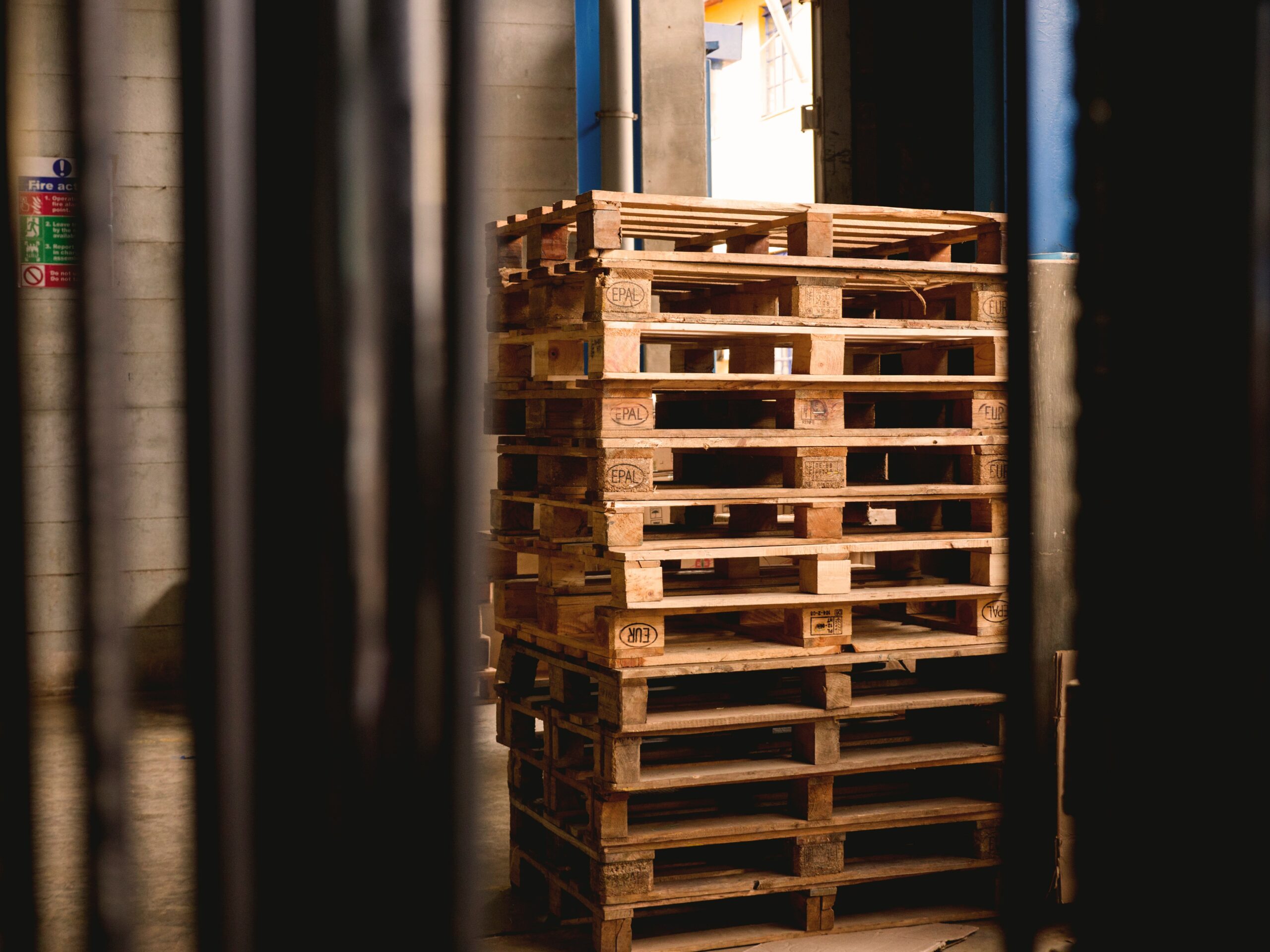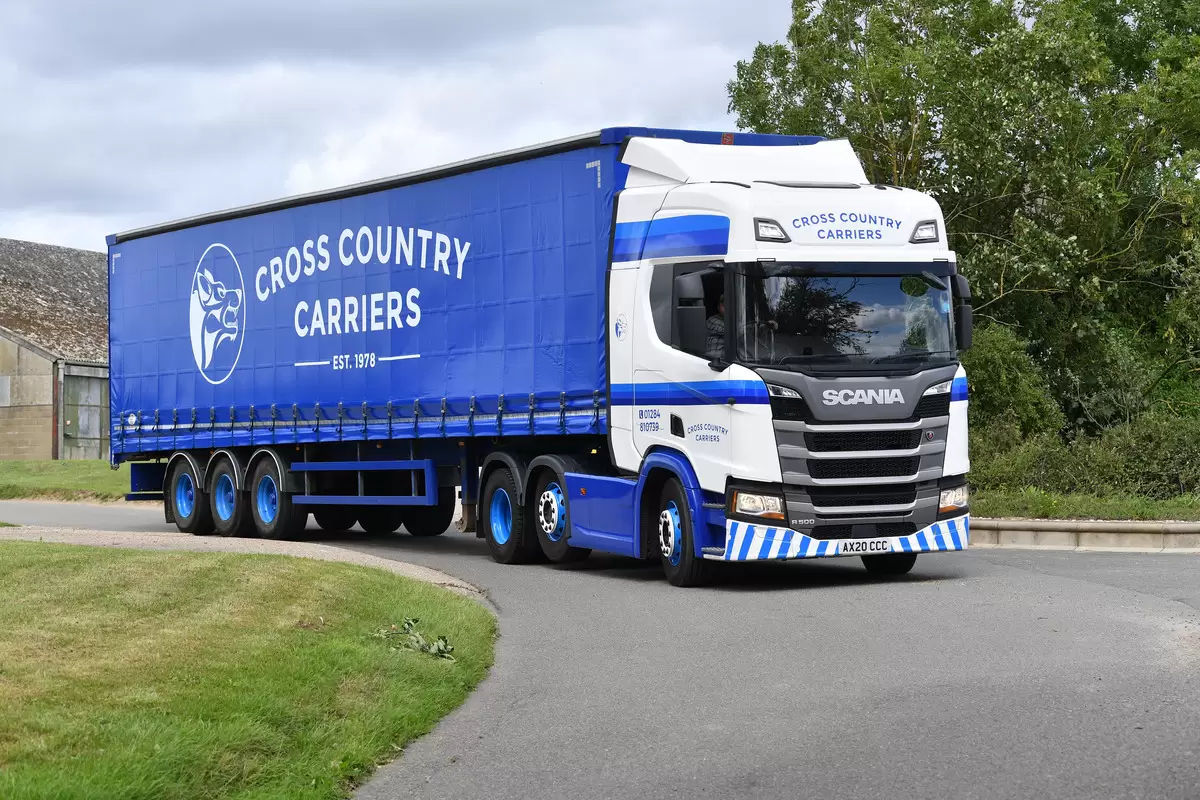
Pallets are the backbone of supply networks, allowing items to flow smoothly between sectors. However, pallet collection can be difficult at times, with factors ranging from size and weight restrictions to paperwork requirements.
To help, we’ve put together a guide. Here, we will walk you through the intricacies of pallet collecting, giving essential insights, ideas, and best practises to ensure your process is efficient and effective.
WHAT ARE THE SIZE & WEIGHT RESTRICTIONS FOR PALLET COLLECTION IN THE UK?
Understanding the pallet restrictions can get confusing and overwhelming depending on what you’re sending and where it’s going to. Whilst there may be some exceptions to these rules, here are the general rules that the logistic industry recognise.
In the UK, there are two pallet sizes which are the most used. The standard (1200mm x 1000mm) and Euro Pallet (1200mm x 800mm). These sizes are generally accepted across the industry as they work with many different storage and transit methods.
Weight restrictions usually depend on the method of transport. While specific weight limits can vary depending on factors such as road transport regulations and carrier capabilities, it is crucial to stay within the permissible weight range. Exceeding weight limits can lead to safety concerns and potential penalties.
However, it is worth noting that if you have an oversized or overweight pallet, special arrangements can be made. This can entail securing licences or employing different modes of transportation appropriate for overweight or big pallets. To explore choices and make sure that you are following rules, it is important to talk with your pallet collection service provider.
WHAT DOCUMENTATION IS REQUIRED FOR PALLET COLLECTION IN THE UK?
The UK’s pallet collecting process is critically dependent on adhering to paperwork standards. The following are the crucial papers you should be aware of:
Note for Pallet Collection (PCN): Pallet collection is described in a note called a Pallet Collection Note. It frequently contains details like the collection date, the quantity of pallets being picked up, and the state of the pallets. This document fosters openness between the parties and aids in the maintenance of accurate records.
Proof of Delivery (POD): Evidence that the pallets were successfully delivered to the designated recipient is provided by a Proof of Delivery (POD) document. It contains information like the delivery date, the recipient’s signature, and any extra delivery-related notes. A POD must be kept in order to maintain records and, if necessary, resolve disagreements. Additional paperwork: Additional paperwork can be needed, depending on the kind of pallet collection. Commercial invoices, export or import paperwork (if relevant), and customs declarations for foreign shipments are a few examples of this. It’s critical to remain up to date on any restrictions that may apply depending on the type of products and the final location of the pallets.
Pallet Collection in the UK is vital to get goods where they need to go. Cross Country Carriers offer a high-quality pallet collection and delivery service. Whether you’re looking to deliver a large item via eBay, or you’ve got a B2B shipment across the country, our pallet pick up team can be the perfect addition to your service.
If you’d like to talk to someone regarding Pallet Collection, please don’t hesitate to get in touch


